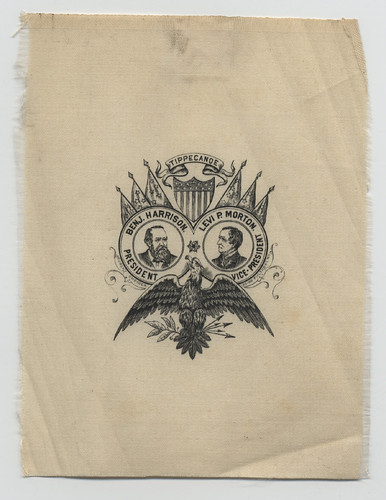(Title) The ambiguity about the ownership of the building and the land occupied by the Hospital for Special Diseases of Thessaloniki and the absence of specific doctors (anesthesiologist, neurologist, surgeon), pose serious problems in “Infectious».
The administration explained that the hospital serves patients from throughout northern Greece for special tests of infectious diseases and infection. As far as the ownership was reported that the Italian state claims ownership of the building even after a court ruling in 1965 forced the Greek government to pay rent on the Italian embassy. Even in 1984, by decree, the hospital building was declared a historical monument and is protected by historical monuments. The result is that nothing can be necessary for maintenance of the hospital as the building has been at the beginning of last century.
Beyond the need for the government to take immediate steps to solve the problem of ownership hospital, the health ministry needs to tackle the shortage of doctors of various specialties and the need for AIDS unit. Also to stop the weakening of the administrative department and staffed it with qualified personnel.
It is noteworthy that despite the problems that arise with age and not in good standing of the building, many patients and their relatives with a series of letters to , thanked the hospital staff for their interest and care they have shown during their hospital stay.
pinch TV
14-8-2010
Hire the handicapped 
Image by bobster855
PART ONE: THE CLAIMS OF COMMUNITY Professor Sandel presents Kants objections to Aristotles theory. Kant believes politics must respect individual freedom. People must always respect other peoples freedom to make their own choices-a universal duty to humanity-but for Kant, there is no other source of moral obligation. The discussion of Kants view leads to an introduction to the communitarian philosophy. Communitarians argue that, in addition to voluntary and universal duties, we also have obligations of membership, solidarity, and loyalty. These obligations are not necessarily based on consent. We inherit our past, and our identities, from our family, city, or country. But what happens if our obligations to our family or community come into conflict with our universal obligations to humanity? PART TWO: WHERE OUR LOYALTY LIES Professor Sandel leads a discussion about the arguments for and against obligations of solidarity and membership. Do we owe more to our fellow citizens that to citizens of other countries? Is patriotism a virtue, or a prejudice for ones own kind? If our identities are defined by the particular communities we inhabit, what becomes of universal human rights? Using various scenarios, students debate whether or not obligations of loyalty can ever outweigh universal duties of justice.
Set of Benjamin Harrison-Morton Campaign Ribbons, ca. 1888 
Image by Cornell University Library